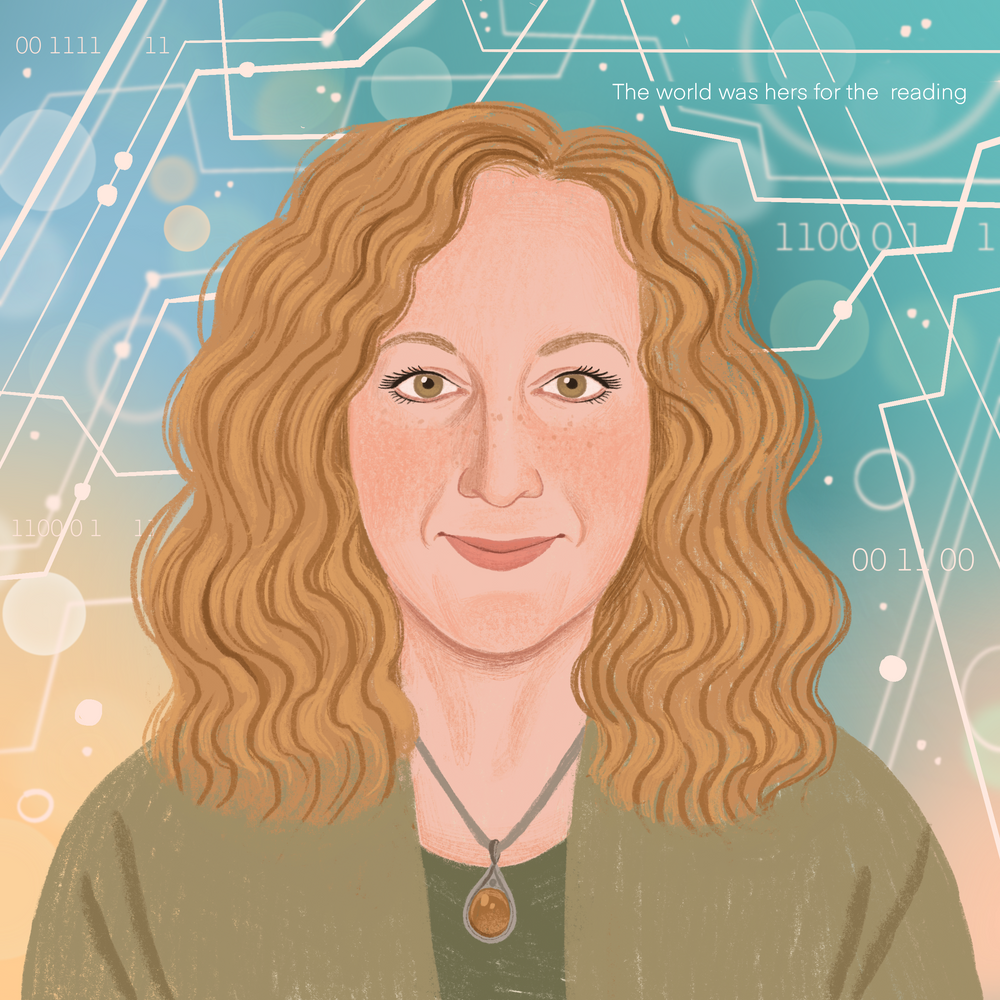Someone recently posted a comment about using Wikipedia for research. I think this topic is important enough to dedicate a post to.
"We have always been told our students should not use Wikipedia for research because anyone can change the information, it is not "locked" so to speak.
Is this true Auntie Librarian?"
Yes, it is true that anyone can change the information in Wikipedia. The information is not "locked" at all. Wikipedia itself does not claim to be a reliable source. However, I have no problem telling my students that they should not exclude Wikipedia or be afraid to use Wikipedia in their researching and here is why:
- I tell all of my students to always consult multiple sources when researching. I recommend that students use at least three different sources when they gather information for their projects. When multiple sources are consulted, errors and reliability should become evident.
- I inform all of my students that anyone can edit Wikipedia. They use this site knowing that it can be edited by anyone. Therefore, it may not be students first choice for research or the best site in their opinion. Here is the important part: students are information consumers who need to be able to develop their own opinions and skills to determine what sources they consider to be high quality or worthy of their use.
- Students should not use any source with blind faith and should question the reliability of the majority of the online content they use. Critical thinking and evaluation is very important.
- Print and online non-wiki encyclopedias have errors too.
- Print encyclopedias are often out of date soon after they are printed.
- Since anyone can change Wikipedia, it is very often more up to date than other sources.
- In 2005, a study comparing Wikipedia to Encyclopedia Britannica found Wikipedia to have 162 errors in the articles reviewed compared to 123 for Britannica. (Jim Giles, 2005. “Internet encyclopedias go head to head,” Nature, volume 438, number 7070 (15 December), pp. 900-901, http://www.nature.com/nature/journal/v438/n7070/full/438900a.html )
- Wikipedia has links to outside sources and bibliographies that will lead students to more information.
- Because anyone can change Wikipedia, errors and vandalism are often fixed.
- One study claims that one-third to one-half of planted false information was corrected or removed within 48 hours. (Mangus, P.D. "Early Response to False Claims in Wikipedia." First Monday, Volume 13 Number 9 - 1 September 2008. http://firstmonday.org/htbin/cgiwrap/bin/ojs/index.php/fm/article/viewArticle/2115/2027)
- Wikipedia has "featured" articles that are reviewed and considered the best articles on Wikipedia.

0 comments:
Post a Comment